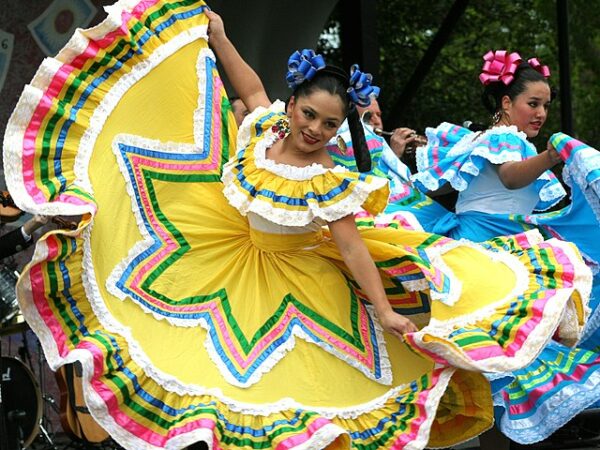The Battle of Puebla, fought on May 5, 1862, holds a significant place in Mexican history, particularly as the origin of the Cinco de Mayo holiday. At the center of this historic event stands Ignacio Zaragoza, a Mexican general whose strategic brilliance halted a formidable French invasion.
In the mid-19th century, Mexico was facing political turmoil, struggling to repay debts to European powers. France, under the rule of Napoleon III, saw an opportunity to expand its empire and exert influence in the Americas. In 1861, French forces, along with troops from Britain and Spain, landed in Veracruz, demanding repayment of debts. While the British and Spanish eventually withdrew after negotiations, the French remained, aiming for territorial conquest.
General Ignacio Zaragoza, born in 1829 in what is now Goliad, Texas, emerged as a key figure in Mexico’s resistance against the French. Zaragoza, known for his military prowess and unwavering patriotism, was appointed as the commander of the Mexican army in the region. Despite being outnumbered and facing a well-equipped French army led by General Charles de Lorencez, Zaragoza remained resolute.
The Battle of Puebla took place on a terrain near the city of Puebla, a strategic location chosen by Zaragoza to leverage the natural advantages of the landscape. On May 5, 1862, the Mexican forces, comprising mostly of poorly equipped and trained soldiers, stood firm against the French onslaught. Zaragoza’s tactics, including fortifying key positions and utilizing guerrilla warfare tactics, caught the French off-guard.
Against all odds, the Mexican army, inspired by Zaragoza’s leadership and the spirit of national pride, repelled the French forces in a stunning victory. The Battle of Puebla marked a turning point, not only in the French intervention in Mexico but also in Mexican morale and international perception. Zaragoza’s strategic acumen and the resilience of his troops demonstrated that a determined and united people could defy even the most formidable adversaries.
Although the victory at Puebla was a significant achievement, it did not ultimately prevent the French from occupying Mexico City and establishing a puppet regime under Emperor Maximilian. However, the Battle of Puebla became a symbol of Mexican resistance and resilience, inspiring patriotism and unity among the Mexican people.
The significance of the Battle of Puebla extended beyond its military outcome. In the years following the battle, Mexican communities in the United States, particularly those in California and the Southwest, began commemorating the event as Cinco de Mayo. Initially celebrated by Mexican immigrants as a way to honor their heritage and celebrate their identity, Cinco de Mayo gradually evolved into a widely recognized cultural holiday in the United States.
Today, Cinco de Mayo is celebrated with parades, festivals, traditional music, dance, and cuisine, both in Mexico and among Mexican communities worldwide. It serves as a reminder of the courage and resilience of those who fought in the Battle of Puebla and the enduring spirit of Mexican culture.



